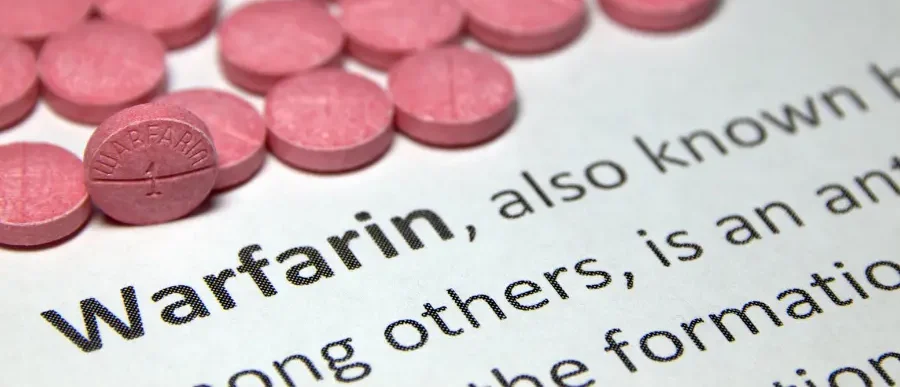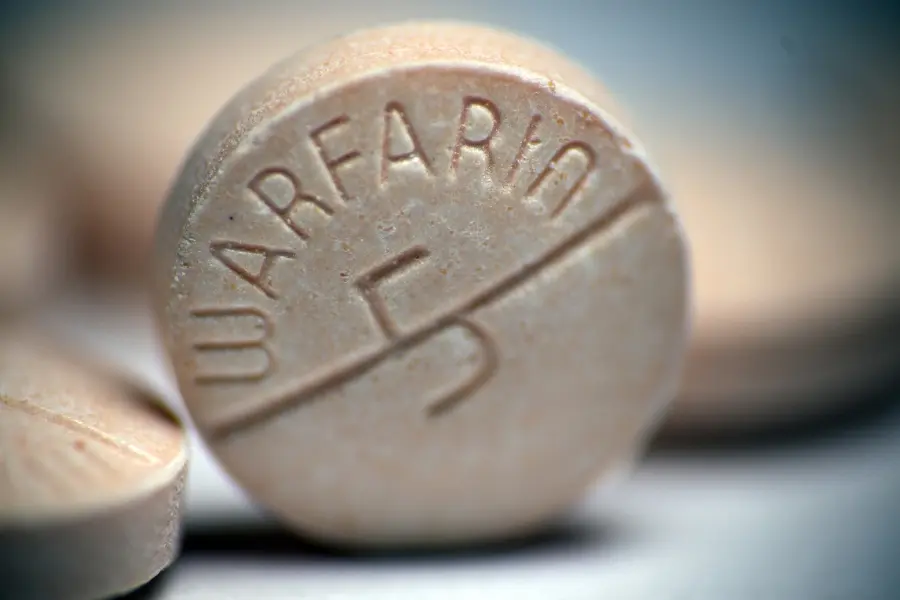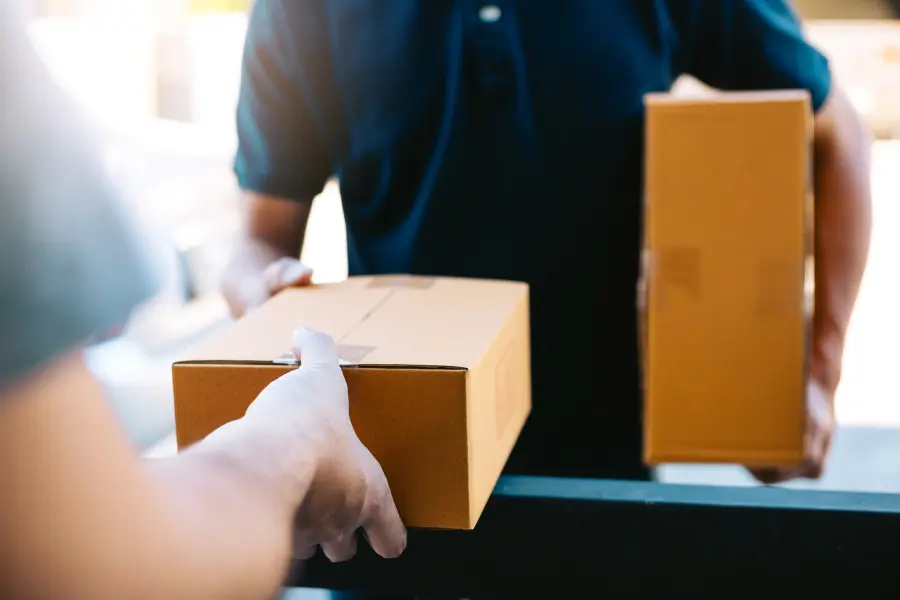How to Properly Dispose of Warfarin

Patients may not realize that some prescription medications are considered hazardous materials. The Environmental Protection Agency (EPA) labels items as “hazardous” for their potential to cause negative human health or environmental effects. When not properly disposed of, hazardous medications can contaminate groundwater, affecting nearby populations.
Some medications are more dangerous than others. The Resource Conservation and Recovery Act (RCRA) defines hazardous waste and sets the rules for safe disposal. Items determined to be hazardous are categorized into four lists; the F, K, P, and U lists. Lists can be found in Title 40 of the Code of Federal Regulations in part 261. Warfarin appears on both P and U lists, requiring specific disposal methods.
What is Warfarin?

Warfarin is an anticoagulant medication prescribed to treat blood clots. Warfarin prevents blood clots from forming and keeps existing clots from growing or breaking off. The drug works by stopping an enzyme that activates vitamin K in the body. We need vitamin K in the body’s clot-making process, therefore preventing clots from forming.
Nearly 2 million Americans take Warfarin. It is used to prevent or treat many conditions including:
- Venous thromboembolism – a blood clot in a vein that travels elsewhere in the body
- Deep vein thrombosis – a blood clot, typically deep in the leg
- Pulmonary embolism – a blood clot that starts in a vein and travels to your lung
- Arterial thromboembolism – a blood clot in an artery
- Stroke – a blood clot blocking a blood vessel in the brain
- Heart attack – a blood clot in the arteries supplying blood to the heart
- Atrial fibrillation – an irregular heart rhythm
Dosage strengths will vary, as will the shape, size, and color of the Warfarin tablet. Brand names include Coumadin and Jantoven.
Why is Warfarin Hazardous?
Warfarin is on the Special Health Hazard Substance List because it is a teratogen. Teratogens interfere with normal fetal development and cause congenital disabilities. They also increase the risk of miscarriage, preterm labor, or stillbirth. High or repeated exposure to Warfarin can cause hemorrhage, anemia, and liver and kidney damage. Commercial rodent poisons also use Warfarin.
How to Properly Dispose of Warfarin
Unused Warfarin tablets and the residual dust remaining in the container are subject to disposal requirements set by RCRA. Pharmacies must comply with RCRA requirements, however, if a pharmacy generates greater than 1 kg/month of Warfarin waste, they are subject to additional rules. The weight refers to residual powder, not the weight of the bottles. Only very large pharmacies are likely to generate that much waste and we categorize these as conditionally exempt generators.
Conditionally exempt generators can throw bottles away after a triple rinse with a solvent documented to remove the hazardous materials. However, once used in this manner, the rinse material then becomes P-listed waste. This method only increases the amount of waste and does not make sense in most situations.
Therefore, the most effective method of disposal is a drug take-away program. Warfarin bottles and unused tablets should be safely collected in a designated container. The container can then be picked up, dropped off, or mailed in for incineration. Incineration meets EPA guidelines for the proper disposal of Warfarin.
Pharmaceutical Waste Services
Medication Drop Off
Medication drop-off services are safe and convenient. Simply bring your container of unused, expired, or residual medication to a local drop-off site. You will deposit the container into a secure kiosk and the medication will be handled and discarded in an environmentally-friendly manner. This service is an excellent option for small pharmaceutical waste generators and residential disposal.
Scheduled and On-Call Pickups

Pharmacies and larger waste generators may prefer a pickup option for Warfarin waste. Schedule regular pickups or call when you need a pickup. A certified medical waste management provider will safely handle and dispose of your medication.
Mail-Back Disposal
You can order a mail-back kit online. It will include the appropriate shipping materials and instructions on how to package your waste. Properly label the waste and fill out the safety compliance forms. Then, ship the materials and rest easy knowing your Warfarin waste is being disposed of safely.
Safely Dispose of Medications with Medical Waste Pros
Medical Waste Pros partners with safe and regulated medical waste providers to properly dispose of Warfarin and other pharmaceutical waste. Drop-off, pick-up, and mail-back services allow waste generators of all sizes to find convenient and affordable disposal solutions. Give us a call at (888) 755-6370 or fill out the form to find pharmaceutical waste services near you.










